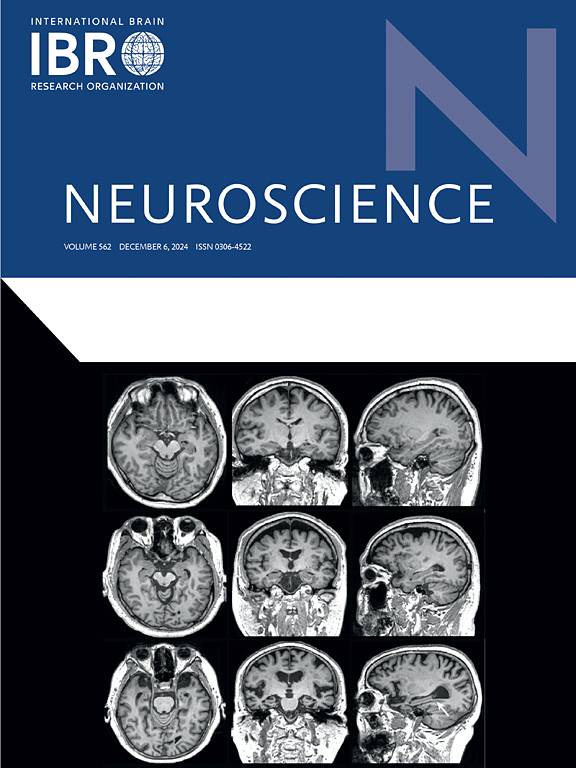The dual role of dopamine and serotonin in cancer progression and inflammation: Mechanisms and therapeutic potential
IF 2.9
3区 医学
Q2 NEUROSCIENCES
引用次数: 0
Abstract
This review examines the critical functions of dopamine and serotonin in the regulation of inflammation and cancer, emphasizing their potential as therapeutic targets. Traditionally recognized for their roles in neural communication, these neurotransmitters are now understood to play substantial roles in immune modulation and tumor progression. We conducted a systematic review of studies published between 2013 and 2024, using databases such as PubMed, Google Scholar, and Scopus, to assess dopamine and serotonin synthesis, receptor activity, and involvement in disease pathways. Findings indicate that dopamine, through its D1 and D2 receptors, exerts both pro- and anti-inflammatory effects, influencing tumor growth and immune responses in cancers such as breast and pancreatic. Similarly, serotonin, particularly through receptors HTR2A and HTR2B, has demonstrated dual roles in cancer progression, impacting the growth and metastasis of cancers such as gastric and colorectal. This review also addresses the interaction between dopamine and serotonin signaling pathways, which may collectively alter immune cell function and tumor microenvironment dynamics, suggesting a promising direction for combined therapeutic approaches. By synthesizing current data on dopamine and serotonin pathways, this review aims to inform the development of targeted therapies that modulate immune responses in inflammation-driven cancers. Our findings underscore the potential of neurotransmitter-based interventions as a novel strategy for managing cancer and inflammatory diseases.

多巴胺和血清素在炎症和癌症中的治疗潜力:免疫调节的启示
本文综述了神经递质在炎症和癌症中的重要作用,重点是多巴胺和血清素。这些神经递质对神经信号传导至关重要,在各种生理和病理过程中起着至关重要的作用。材料和方法:我们进行了广泛的文献综述,重点是2013年至2024年发表的研究,使用PubMed、谷歌Scholar和Scopus等数据库。研究的选择基于与神经递质合成、受体功能的相关性,以及它们与癌症和神经退行性疾病等疾病的关系。关键搜索词包括“多巴胺”、“血清素”、“炎症”和“癌症”。结果:多巴胺和血清素在细胞内合成,是中枢神经系统和外周系统的关键信号分子。通过各自的受体,多巴胺和血清素影响免疫反应和各种身体系统的功能。它们的信号通路失调与一系列癌症和免疫系统失衡有关。讨论:多巴胺和血清素系统之间的相互作用超越了神经交流,显著影响免疫反应和炎症。多巴胺在调节免疫细胞活动中的作用突出了它在治疗炎症和癌症方面的潜力。同样,血清素广泛的生理影响强调了靶向5-羟色胺通路在各种疾病中的重要性。未来的研究应侧重于开发利用这些神经递质在中枢神经系统和外周系统中的调节功能的治疗策略。
本文章由计算机程序翻译,如有差异,请以英文原文为准。
求助全文
约1分钟内获得全文
求助全文
来源期刊

Neuroscience
医学-神经科学
CiteScore
6.20
自引率
0.00%
发文量
394
审稿时长
52 days
期刊介绍:
Neuroscience publishes papers describing the results of original research on any aspect of the scientific study of the nervous system. Any paper, however short, will be considered for publication provided that it reports significant, new and carefully confirmed findings with full experimental details.
 求助内容:
求助内容: 应助结果提醒方式:
应助结果提醒方式:


